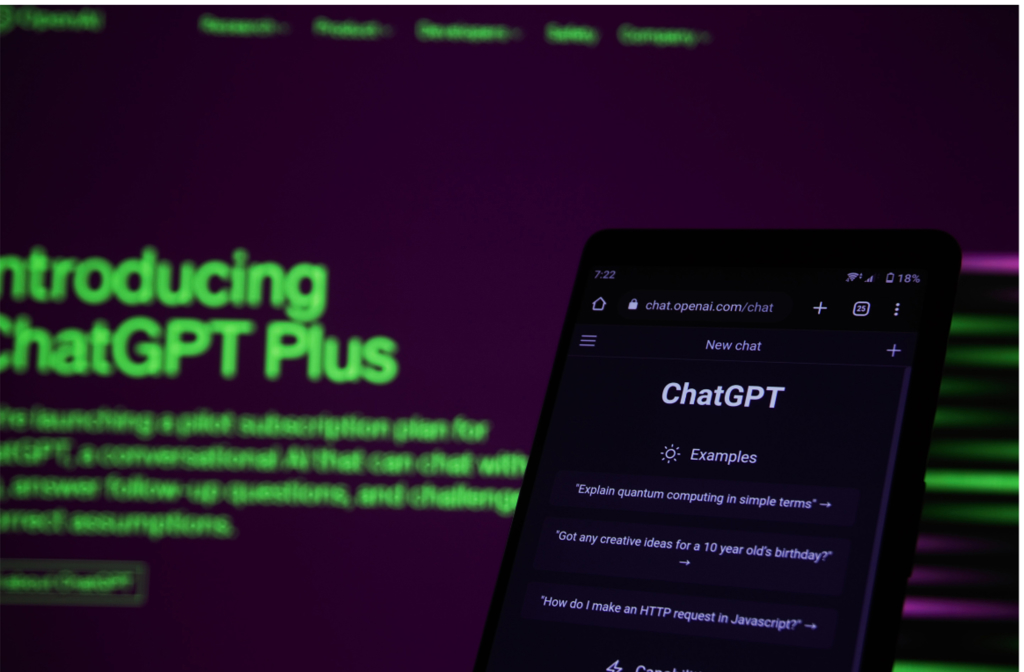Students can use ChatGPT as an academic tool for writing while upholding academic honesty.
From the Humanities to STEM fields, many university students have been using ChatGPT to assist with their coursework. The cutting-edge, natural language artificial intelligence (AI) software can write essays in seconds with only a few short prompts and has access to most information on the internet.
There has been considerable debate on whether ChatGPT should be accepted or discouraged in academia. Brock’s policy on the matter considers any submission created using AI programs as plagiarism and potential grounds for expulsion. With that being said, there are still ways students can and should use AI language programs like ChatGPT to assist in their studies while honouring university policy.
Just as calculators and laptops have revolutionized how students learn and teachers teach, so must ChatGPT be accepted as a progressive tool in education.
Here are a few tips on how you can use ChatGPT responsibly as a means of fostering creativity and improving your writing.
Decoding dense textbooks
Academic textbooks usually present dense information, making it challenging to fully grasp the concepts therein. Not only can ChatGPT improve your comprehension of course readings, but it can also increase the productivity of your study sessions. Select the text you need condensed by using either an online textbook or using your phone camera to extract the text and copy-paste it into the AI. ChatGPT can then explain the text in simplified terms and in a bulleted list for maximum efficiency and personal understanding.
Seminar Preparation
ChatGPT is a valuable asset in preparing for seminars by generating discussion points, formulating questions and refining arguments. Provide ChatGPT with relevant information from the course and use prompts to simulate a seminar discussion about the related topic. Rather than relying solely on traditional study methods, students can engage with ChatGPT to brainstorm ideas and discuss course material, fostering more enriching seminar discussions.
Your own personal editor
Effective communication is crucial in academic writing. ChatGPT can serve as a virtual writing tutor, providing feedback on the grammar, style and tone of your writing. Be open to experimenting with different writing styles and receiving constructive suggestions from the AI to enhance the quality of your assignments. Just be sure not to copy and paste adjustments made by the AI, this would be plagiarism. Use the criticism generated by the chatbot as you see fit to reword things in your own words.
Fostering creativity, not stifling it
While some view AI as a creativity killer, students who use ChatGPT know that it can be a catalyst for creative thinking. By providing the AI with original material, students can collaborate and experiment with ChatGPT to fill in the details, generate unique perspectives and discover innovative ideas that enrich their work.
Just to be clear
Though ChatGPT and AI programs like it are amazing tools, they cannot replace the years of experience from accredited educators. Simply emailing your TAs is likely to provide you with much clearer feedback than ChatGPT ever could. TAs, tutors, professors and study groups have a better grasp of class topics and can deliver better direction for your assignments.
However, students can and should be expected to use whatever innovative tools are available to assist with the demands of a university education. Treat ChatGPT as another tool in your expansive arsenal and remember to always use it responsibly by following academic honesty guidelines.

